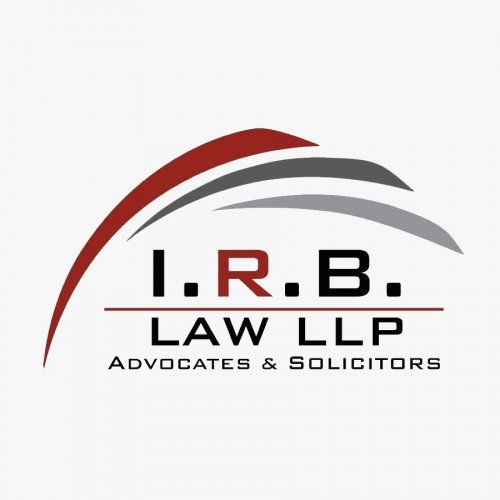Best Estate Planning Lawyers in Jurong East
Share your needs with us, get contacted by law firms.
Free. Takes 2 min.
List of the best lawyers in Jurong East, Singapore
About Estate Planning Law in Jurong East, Singapore
Estate planning law in Jurong East, Singapore has its foundation in English common law, but it has been adapted to fit the local cultural and social context. It constitutes making plans for transferring your estate after your death. Your estate is all your property including homes, cars, businesses, investment, insurance proceeds, retirement benefits and personal belongings. Estate planning includes wills, trusts, powers of attorney, nomination of CPF monies, and appointment of a guardian for minor children.
Why You May Need a Lawyer
You might need a lawyer in several situations in Estate Planning. For example, you may need a lawyer to ensure all your assets are divided as per your wishes and no legal conflicts arise after your death. In the event you have a large, complex estate with several properties, businesses or investments, legal expertise would be necessary for managing and distributing these assets. If you want to establish a trust for your minor children or grand children, you will need legal expertise. Lawyers are also useful in explaining complex legal terminology and scenarios that can affect your estate planning.
Local Laws Overview
Key aspects of local laws relevant to Estate Planning in Jurong East, Singapore include 'The Wills Act', which enables you to distribute your estate as per your wishes by drawing up a Will. However, there are certain requirements for a Will to be valid. 'The Intestate Succession Act' governs the distribution of your assets if you die without a Will. 'The Mental Capacity Act' helps you appoint someone to make decisions on your behalf in case you are mentally incapacitated. The 'Inheritance and Estate Duty Act' has been abolished, meaning there is no estate tax in Singapore.
Frequently Asked Questions
What happens if you die without a will?
If you die intestate, or without a will, your assets will be distributed according to the rules set by the ‘Intestate Succession Act’.
What is a Lasting Power of Attorney?
A Lasting Power of Attorney (LPA) is a legal document that allows you to appoint one or more person(s) to make decisions on your behalf in your personal welfare and/or property & affairs matters when you lose mental capacity.
What are the benefits of having a trust?
A trust can help you ensure your minor children are taken care of financially. It is also useful for estate tax planning and to avoid probate.
Can a will be challenged in Singapore?
Yes, a will can be challenged in Singapore on various grounds like undue influence, lack of valid execution, lack of testamentary capacity, and fraud.
Can you disinherit your spouse or children?
While you have substantial freedom in distributing your estate, total disinheritance of a spouse or child can potentially lead to a legal challenge.
Additional Resources
The Public Trustee's Office (PTO) manages the property of deceased persons who die without leaving a will. The Community Legal Clinic (CLC) offers legal advice to Singaporeans who cannot afford a lawyer. The Legal Aid Bureau provides legal representation to eligible persons.
Next Steps
If you need legal advice in Estate Planning, consider hiring a trusted and proficient lawyer who specializes in estate planning. You can arrange an initial consultation to understand your needs and discuss the likely costs. Always ensure that you feel comfortable with your lawyer and that they fully understand your unique situation.
Lawzana helps you find the best lawyers and law firms in Jurong East through a curated and pre-screened list of qualified legal professionals. Our platform offers rankings and detailed profiles of attorneys and law firms, allowing you to compare based on practice areas, including Estate Planning, experience, and client feedback.
Each profile includes a description of the firm's areas of practice, client reviews, team members and partners, year of establishment, spoken languages, office locations, contact information, social media presence, and any published articles or resources. Most firms on our platform speak English and are experienced in both local and international legal matters.
Get a quote from top-rated law firms in Jurong East, Singapore — quickly, securely, and without unnecessary hassle.
Disclaimer:
The information provided on this page is for general informational purposes only and does not constitute legal advice. While we strive to ensure the accuracy and relevance of the content, legal information may change over time, and interpretations of the law can vary. You should always consult with a qualified legal professional for advice specific to your situation.
We disclaim all liability for actions taken or not taken based on the content of this page. If you believe any information is incorrect or outdated, please contact us, and we will review and update it where appropriate.








